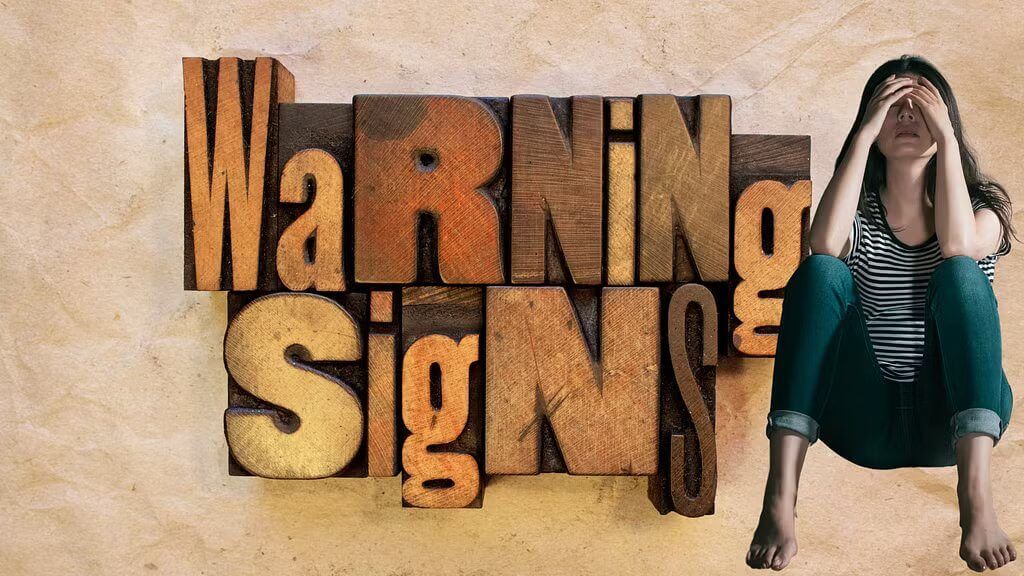Addiction is a complex and often hidden struggle, affecting millions of individuals worldwide. Understanding its early signs can be the first step towards recovery and healing. In this blog post, we delve into the topic of addiction, focusing on the pivotal aspect of recognizing the ‘Signs of Addiction’. Our goal is to provide you with comprehensive knowledge that can aid in early detection, timely intervention, and ultimately, successful recovery.
Signs Of Addiction
Based on the information gathered from various sources, here are some resources and key points about the signs of addiction:
- Physical Signs: Frequent intoxication, hangover, or illness can be signs of drug addiction. Other physical signs may include bloodshot eyes or changes in sleep patterns and appetite. (Source: American Addiction Centers, WebMD)
- Behavioral Changes: Problems at work or school, including poor performance, lateness, or absenteeism, can indicate an addiction problem. Other behavioral signs may include social dysfunction and a shift in recreational activities or hobbies. (Source: Psychology Today)
- Emotional Signs: Mood changes can be a sign of addiction. This can include unexplained mood swings, increased irritability, or sudden bouts of sadness or depression. (Source: MARR Addiction Treatment Center)
- Six Core Components of Addiction: The core components of addiction include salience (the substance or behavior becomes the most important thing in the person’s life), mood modification (the substance or behavior alters the person’s mood), tolerance (increasing amounts of the substance or behavior are required to get the same mood-modifying effects), withdrawal symptoms (negative physical and psychological effects occur when the person stops using the substance or engaging in the behavior), conflict (the substance use or behavior leads to conflicts with others or with oneself), and relapse (returning to the substance use or behavior after periods of abstinence). (Source: [Griffiths, 2005])
- Resources for Help: SAMHSA’s National Helpline is a free, confidential, 24/7, 365-day-a-year treatment referral and information service (in English and Spanish) for individuals and families facing mental and/or substance use disorders. (Source: SAMHSA)
Recognizing the signs of addiction can be a challenging but necessary step towards seeking help and starting the journey to recovery. It’s important to remember that these signs are not a definitive diagnosis but rather indicators that it might be time to reach out to a professional for help. If you or a loved one exhibit any of these signs, don’t hesitate to seek assistance. Remember, every journey begins with a single step, and acknowledging the signs of addiction could be that crucial first stride towards a healthier, addiction-free life.

